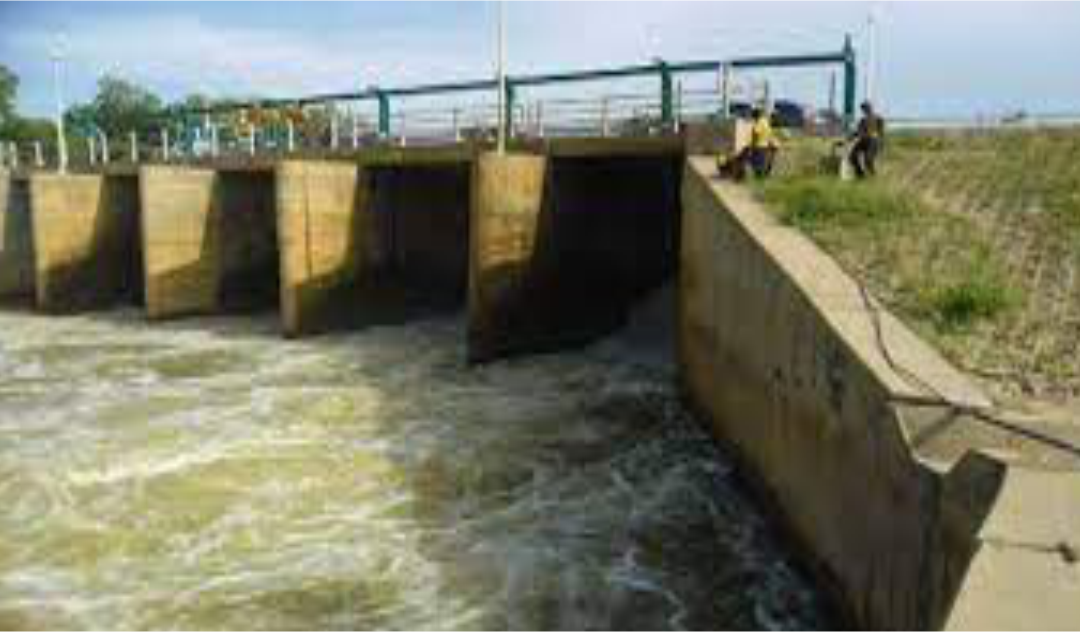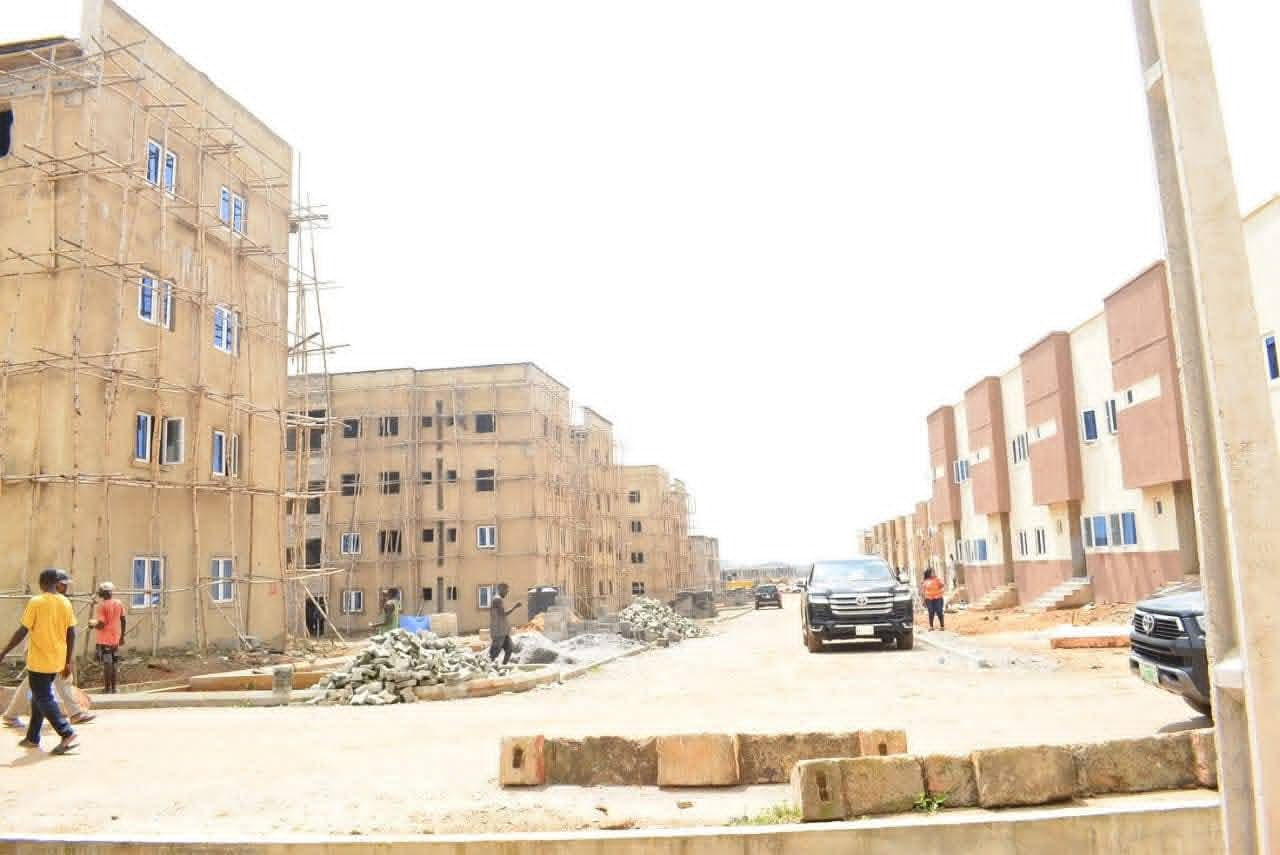Professionals under the aegis of the Nigerian Academy of Engineering (NAEng) have called for the review of existing dams’ operations and maintenance across the country.
They urged the involvement of international collaboration in dam management to speed up best practices in dam technology and boost local expertise and governance/policy to ensure resilient infrastructure and flood risk management.
They spoke at this year’s public forum entitled: ‘Dam Infrastructure and Flood Risk Management’ organised by NAEng virtually in Lagos. The experts said the design criteria of dams need to change and the government should prioritise sustainability and local expertise in dam infrastructure investment by involving Nigerian engineers during design and construction.
According to them, climate change has led to rainfall variability and excessive rain, while mitigation methods are not adequately deployed. They argued that flood control and mitigation is the government’s responsibility, advising that the government should work with experts in mitigating flood effects.
Leading the call, the Vice Chancellor of the Federal University of Technology and Sciences, Iyin Ekiti, Prof James Aribisala, said the review should incorporate conceptualisation, design, dam resilience and safety, and pre-commissioning testing.
Speaking on ‘Alau Dam in Borno State: Lessons learned’ he said resilience in dams must relate to procurement and construction best practices including risk analysis and assessment, implementation of control measures, continuous monitoring and evaluation.
Aribisala said lack of maintenance of dams negatively impacts residents and properties. According to him, major damage such as overtopping by floodwaters, erosion of the spillway discharge channels, seepage, settling, cracking or movement of the embankment needs to be promptly addressed.
He also said the operations and maintenance team for dams must keep up-to-date, data-driven records of the dam’s performance and apply the necessary technical expertise during inspections. Reservoir management policy, he said should be adopted for all dams and adequate urban drainage systems should be provided.
Dr Funmi Coker of the NAEng argued that to increase resilience and reduce vulnerability requires substantial funds, and international assistance. He recommended adoption of nature-based solutions for flood resilience, reforestation through mangrove restoration and sustainable land management.
Speaking on ‘Environment and Climate Change Consideration’, Coker said the government should upgrade, and install infrastructure and other facilities for climate resilience, improve overall water management and access to international climate finance.
On his part, Olamuyiwa Ajibola, who spoke on ‘Flood Resilient Infrastructure,’ harped on resilient design and proactive asset management in the country. He said there is a need to develop a viable dam maintenance schedule and records by the government to ensure the performance of all existing dams.
NAEng President, Prof Rahamon Bello, said the government should put in place programmes that will help mitigate climate change. He stressed the need for the academy to develop archives for infrastructure designs in the country.






